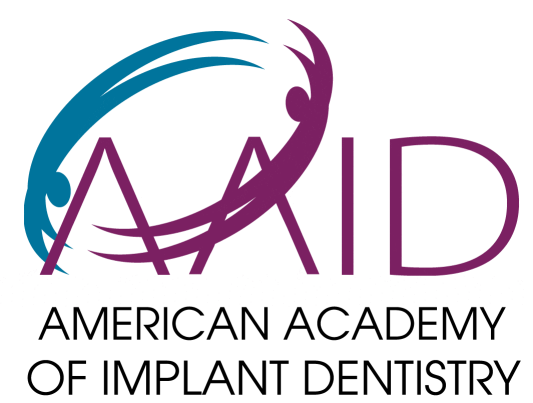Struggling with spring allergies in Leesburg, Ashburn, Sterling, or Lansdowne? Seasonal allergies affect over 50 million Americans and can impact your dental implant health. Lansdowne Family Dental explains how allergy symptoms like congestion, mouth breathing, and dry mouth affect implant sites and overall oral health. Learn practical strategies to manage allergy symptoms while protecting your dental implants, including proper oral hygiene during allergy season and when to contact your implant specialist. Trust our experienced team to help you maintain optimal implant health year-round, even during peak allergy seasons.
How Allergies Affect Your Oral Health
Allergies primarily impact your respiratory system. But they can also aggravate conditions in your mouth, including:
- Dry mouth – Mouth breathing from congestion and antihistamines can reduce saliva flow. This allows bacteria to thrive, increasing your risk for cavities and gum disease.
- Oral allergy syndrome – Some people experience itchy, tingly, or swollen lips, tongue, mouth, and throat when eating certain raw fruits or vegetables.
- Canker sores – Allergies may trigger these painful ulcers on the gums, tongue, or inner cheeks.
For those with dental implants, having a dry mouth or sores makes it difficult to properly clean implant abutments and surrounding gums. Poor oral hygiene jeopardizes the health of your implants and natural teeth.
7 Tips to Manage Allergies and Care for Your Dental Implants
The good news is that with some preparation and diligence, you can get allergy relief and keep your implants in top condition. Here are our top 7 tips:
1. Take allergy medication as prescribed.
Work with your allergist to find the right medications to manage your symptoms. Take antihistamines, decongestants, and other medications as directed to control sneezing, itchiness, and other problems that can impact your oral health.
2. Rinse your mouth.
Rinse often with an alcohol-free mouthwash to flush away bacteria, allergens, and other irritants. We recommend rinsing 2-3 times per day.
3. Drink plenty of water.
Stay hydrated by drinking 8 or more glasses of water daily. This combats dry mouth and helps thin mucus secretions.
4. Use a humidifier.
Dry indoor air can worsen allergy symptoms and dry mouth. Run a humidifier in your bedroom when sleeping and in the main living areas to add moisture to the air.
5. Avoid triggering foods.
If you experience oral allergy syndrome, avoid raw fruits and vegetables that cause mouth irritation. Cook produce to destroy the proteins that cause allergic reactions.
6. Brush and floss meticulously.
Brush implants and natural teeth 2-3 times per day. Clean between teeth and around implants daily with floss or interdental brushes. Thorough cleaning removes allergy-aggravating pollen and bacteria.
7. Get regular dental exams.
See your dentist for professional cleanings and checkups every 3-6 months. We will remove plaque buildup, examine your oral tissue, and spot any issues requiring treatment.
Quality Dental Implant Care for Allergy Sufferers
At Lansdowne Family Dental, we understand how allergies affect oral health. Our compassionate doctors utilize the latest technology and methods to optimize care for patients with allergies and dental implants. From pollen season through summer and fall, we’re here to help you manage symptoms and care for your implants.
We provide a full range of dental services including:
- Dental implant placement, restoration, and maintenance
- Treatment planning for optimal implant positioning
- Bone grafting to augment implant sites
- Custom implant crowns and bridges for a flawless fit
- Implant-supported dentures for a stable fit
- Professional cleanings and checkups
- Gum disease treatment
- Fixes for cracked/decayed teeth
- Whitening
- Neuromuscular TMJ therapy
Don’t let allergies detract from your beautiful, confident implant smile. Contact us today to schedule an appointment with our caring dental team. We look forward to helping you successfully manage your allergies and dental implants.






